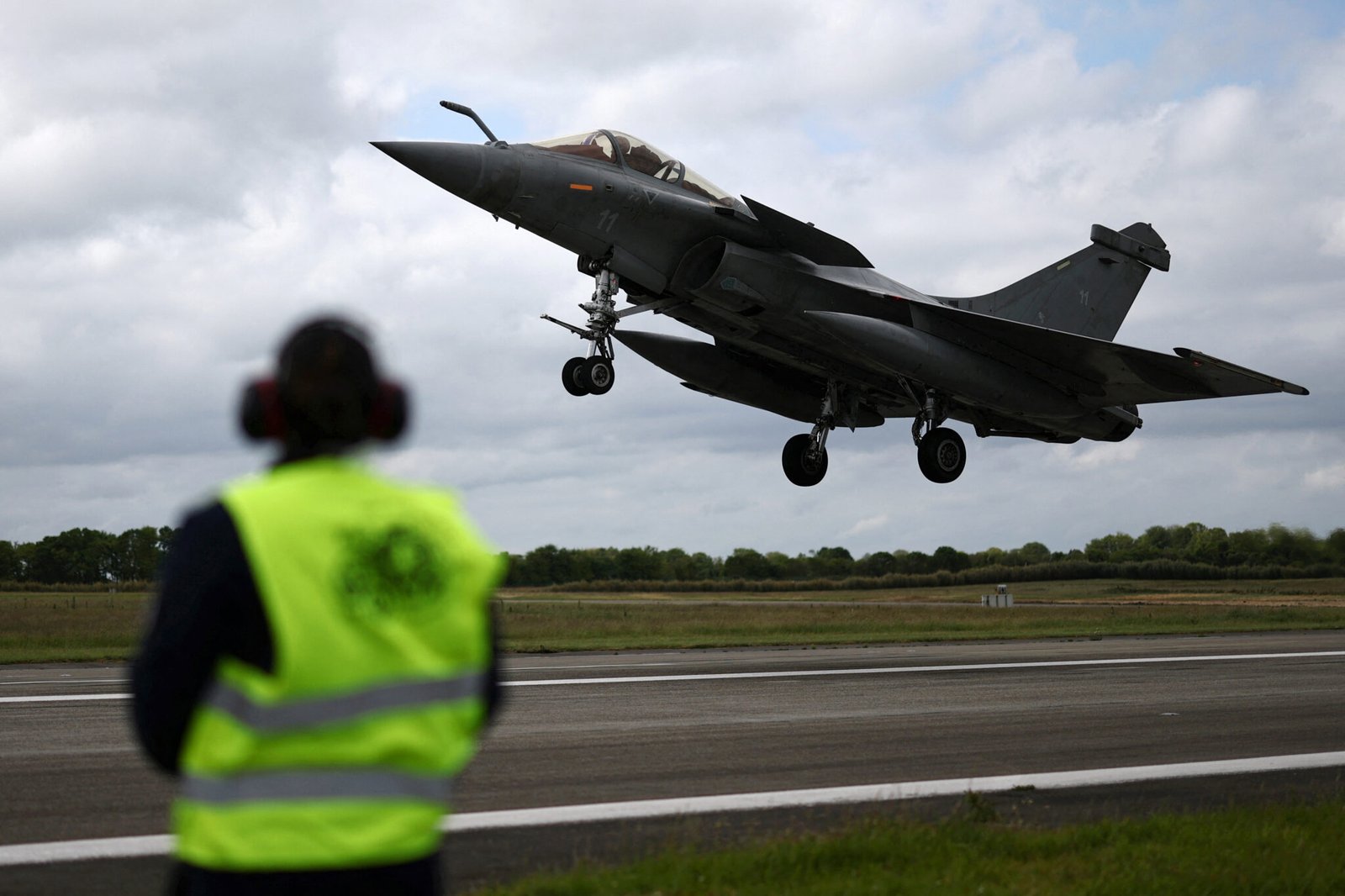On May 9, 2025, global news agency Reuters published a report citing two unnamed U.S. officials, claiming that Chinese-made Pakistani J-10 fighter jets had shot down two Indian military aircraft—allegedly including Rafale jets—during cross-border skirmishes. The article quickly spread across major outlets in South Asia, including The Daily Star, Dawn, The News, and Geo News, and was widely amplified on social media in Pakistan and China.
However, Indian authorities have not acknowledged any such loss, and the identities of the U.S. officials quoted remained undisclosed.
Cabinet Minister of Assam, Ashok Singhal, raised serious concerns about the report’s credibility. “It lacked any evidence and was purely based on statements from two anonymous U.S. officials,” Singhal tweeted, pointing out that even the article admits “crucial details were unclear.”
Pakistan’s Media Strategy and the Reuters Bylines
In his Twitter thread, Minister Singhal further analyzed the origin of the report, highlighting that it was co-authored by two journalists—Saeed Shah and Idrees Ali—both of Pakistani origin. He questioned the timing and frequency of their Reuters contributions, noting that Saeed Shah had only written three articles for the outlet, all within a span of five days in May 2025. “They became active on international platforms only to push cooked-up stories favoring Pakistan,” he claimed.
ALSO READ: FCRF Launches Campus Ambassador Program to Empower India’s Next-Gen Cyber Defenders
Singhal argued that the placement of the story in an international media outlet like Reuters allowed the narrative to be perceived as credible globally, despite lacking verification or corroboration from Indian or independent sources.
Market Reactions and India’s Strategic Response
Interestingly, financial markets seemed to challenge the narrative. As Singhal noted, Indian defense stocks rose by over 4% on May 10, while Chinese defense stocks reportedly fell by as much as 8%. Dassault Aviation—the French manufacturer of Rafale—also saw a modest uptick. The market’s response appeared to favor India’s position, signaling investor confidence in India’s defense capability and questioning the veracity of the claims.
In his concluding remarks, Singhal emphasized that despite narratives being spun through media, ground realities speak differently. He pointed to what he described as Pakistan’s strategic losses—destruction of terror infrastructure, air defense systems, and military bases—as the actual outcomes of the recent conflict.


